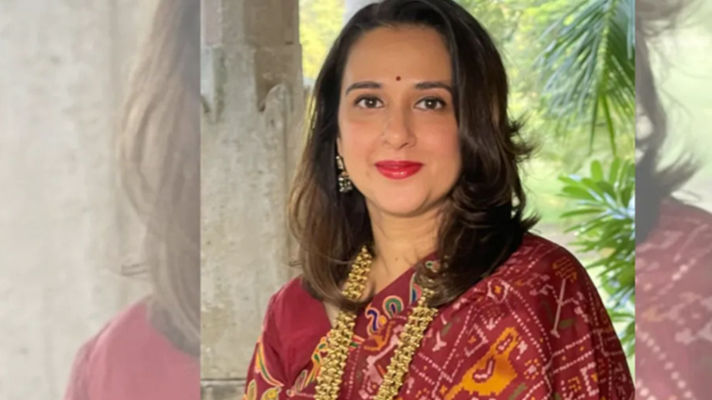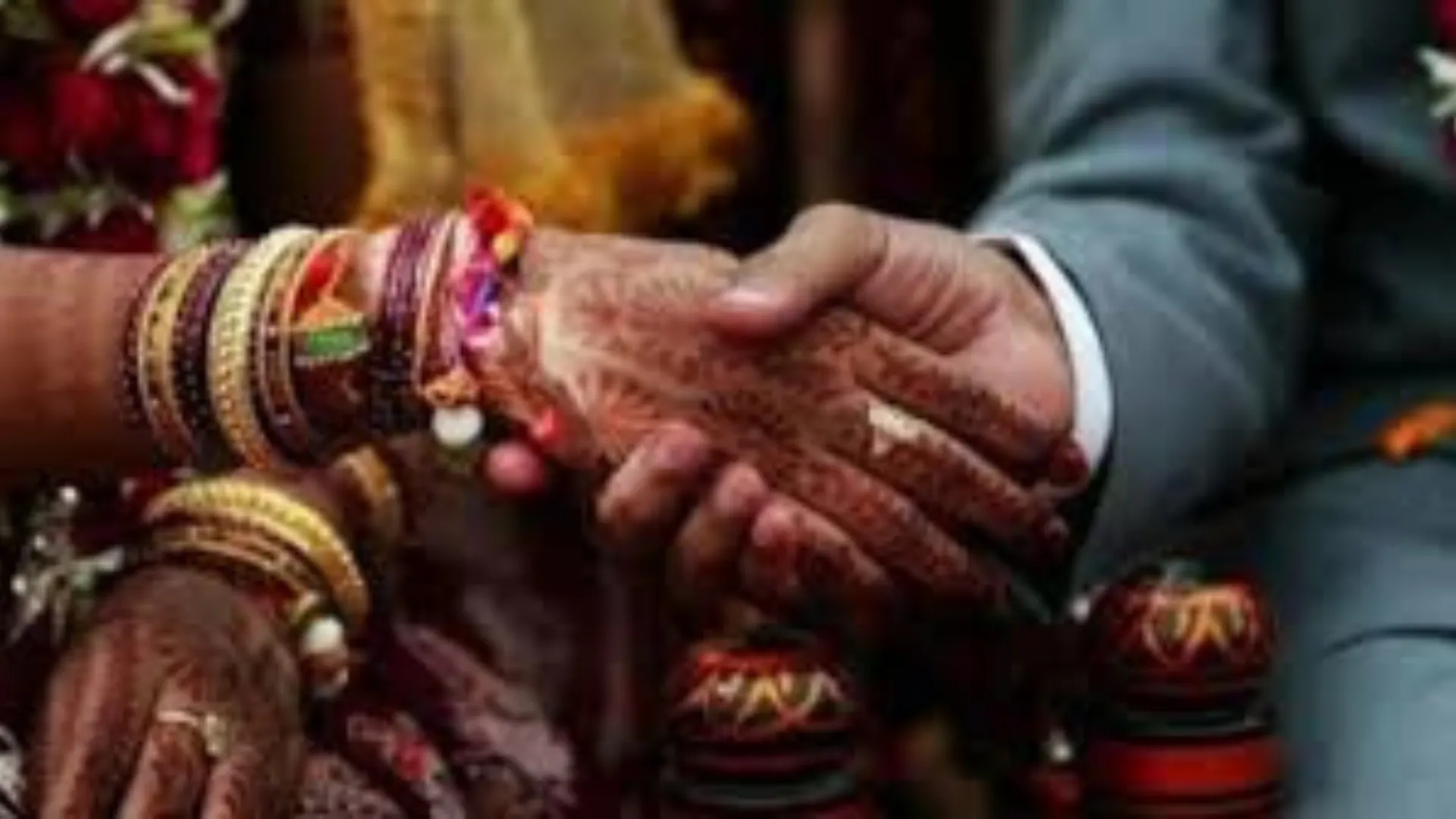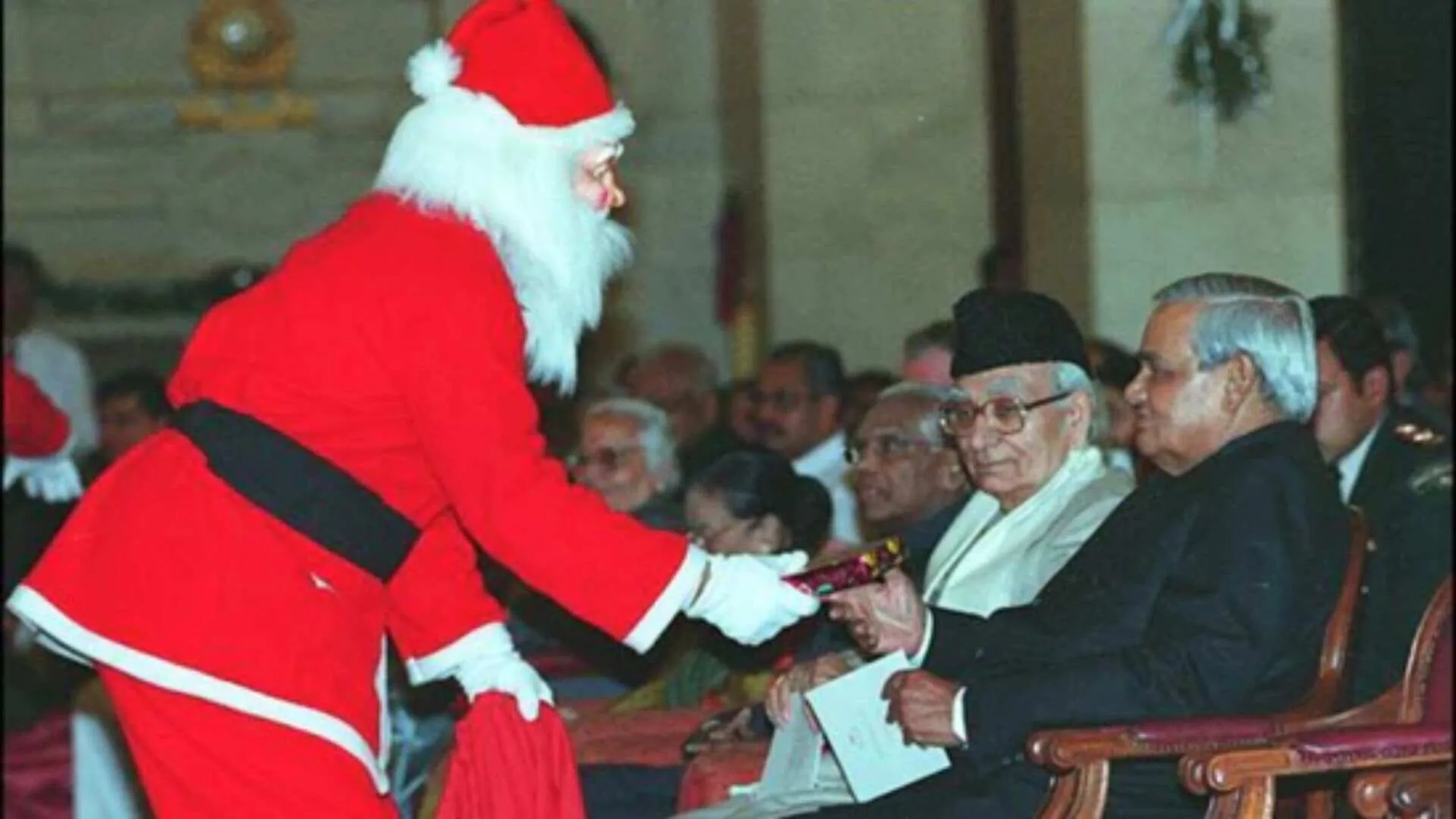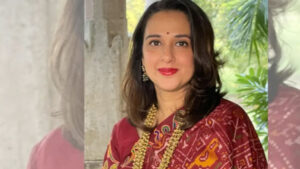In the heart of India’s regal legacy lies the story of Maharani Radhika Raje Gaekwad of Baroda, Gujarat. Known for her grace, intelligence, and modern outlook, she has earned the title of India’s “most progressive Maharani.” Although she was born into royalty and lives in the grand Laxmi Vilas Palace, Maharani Radhika has defied traditional expectations, carving out a distinct identity for herself.
Her journey represents a balance between preserving royal heritage and embracing a modern, individualistic path.
Titles of Grace and Progress
Maharani Radhika Raje Gaekwad carries multiple titles with elegance and dignity, including “Most Beautiful Maharani,” “Most Progressive Maharani,” and “Modern Maharani.” She has been compared to iconic royals like Maharani Gayatri Devi for her leadership and poise. Although born into the princely family of Wankaner, Gujarat, she grew up watching her father give up royal privileges to serve as an Indian Administrative Officer.
Reflecting on her family’s transition, Maharani Radhika shared, “My grandfather, the maharaja of Wankaner, was born in 1938. But he grew up at a time when India was a democratic country. He looked into the future and told his children that they had to find their own fortune and contribute to India in newer ways,” she said in an interview with Firstport.
A Life Between Two Worlds
Maharani Radhika’s upbringing was a blend of ordinary and royal experiences. She lived a working-class life, traveling on public transportation in Delhi, while also experiencing the luxury of royalty during visits to Wankaner, where she learned horseriding. With a Master’s degree in medieval Indian history from Lady Shri Ram College for Women, New Delhi, she even worked as a journalist for The Indian Express for two years, where she wrote about art, handlooms, and craftsmanship.
View this post on Instagram
A post shared by Shree Maharani Chimnabai Stree Udyogalaya (@chimnabai_udyogalaya)
In 2003, she married Maharaja Samarjitsinh Gaekwad of Baroda. Together, they have two daughters: Princess Padmajaraje, 18, and Princess Narayaniraje, 15. The family resides in the Laxmi Vilas Palace, which is four times the size of Buckingham Palace. Part of the palace is open to the public for viewing.
Advocate for Arts and LGBTQ+ Rights
An avid art enthusiast, Maharani Radhika is passionate about preserving India’s heritage crafts and handlooms. In addition to her work in the arts, she is a vocal advocate for the rights of the LGBTQ+ community. She has hosted fundraising events and partnered with queer organizations to support and raise awareness about their rights.
Her social media presence is vibrant, and she frequently collaborates with activists to spread awareness about the LGBTQ+ community. Through her platform, she advocates for inclusion and diversity, making her stand out as a modern royal who embraces progressive values.
Raising the Next Generation of Royals
In interviews, Maharani Radhika has spoken about how she is raising her daughters to be financially independent and to create their own paths in life. This forward-thinking approach is one of the many reasons she stands apart from traditional royalty. Her daughters are being prepared to carry on the family’s legacy with independence and self-reliance.
Recently, Maharani Radhika Raje Gaekwad was awarded an Honorary Doctorate of Arts from the University of East London for her contributions to culture, diversity, and inclusion. Her work in blending tradition with contemporary values has redefined what it means to be a royal in today’s world, merging the past with the present for a brighter, more inclusive future.













